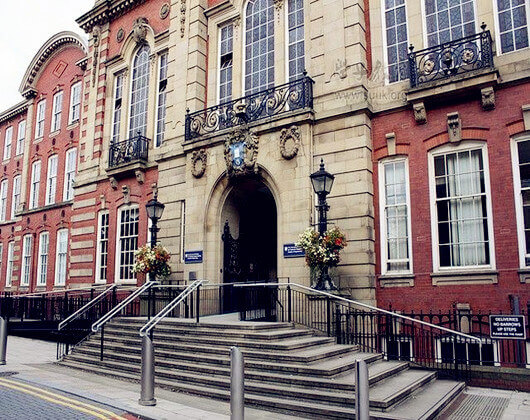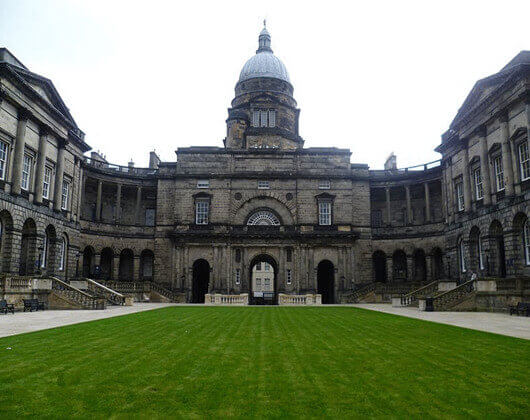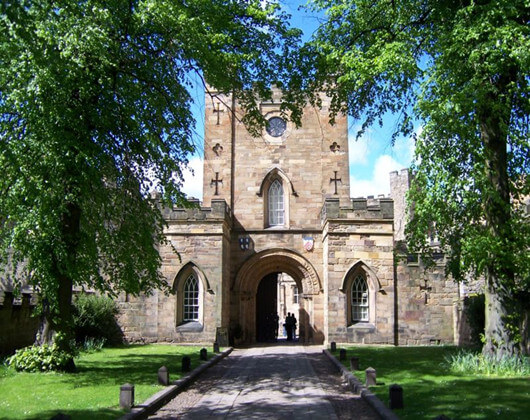You will study three core modules: Archaeological Theory, Method and Interpretation This module delivers a generic disciplinary introduction to the MA Archaeology programme. It focuses on key areas of theory, method and interpretation, embracing a range of cultural, landscape, professional, heritage and environment themes and how these are integrated. It is also designed to develop and enhance key practical and research skills, especially in oral presentation, teamwork and essay-writing. Material Culture This module provides an introduction to material culture studies and artefact analysis in Archaeology, drawing on the wide range of approaches to material culture in related disciplines such as Anthropology. It serves to create a foundation in material culture theory, analysis and interpretation that underpins the overall approach to investigation and interpretation followed by the pathway as a whole. Key themes include classification and typology, technology, functionalism, symbolism, contextual analysis, agency theory and signification, aesthetics, and the material analysis and representation of artefacts in both research and popular media. The module comprises lectures, seminar classes, and hands-on analysis of material culture in class exercises and other contexts. Funerary Archaeology This module presents a critical review of theoretical approaches and interpretative themes in contemporary funerary archaeology, and examines the central significance of this field of study in current debates in world archaeology. As a core module for the Cultural Archaeology pathway, it uses this evidence-rich field of study to explore the relationships between cultural ideals, values, social agency and symbolic representation. There will be particular focus on a range of interpretative themes, including social interpretation, cultural identity and personhood, ritual practice, and past belief systems. It will draw widely on cross-cultural and inter-disciplinary case studies in archaeology and cognate disciplines such as anthropology and history. MA and Diploma students also choose three optional modules from a range which includes: Landscape Archaeology This module aims to introduce you to the subject of landscape archaeology and themes in the analysis and interpretation of past landscapes. You will receive a broad introduction to theoretical approaches in landscape archaeology, and how different kinds of landscapes and extensive forms of landscape organisation, social practice and perception have been recognised, investigated and interpreted archaeologically. Methodologies of landscape-scale study will be reviewed and evaluated in the light of theoretical frameworks, research agendas, and the impacts of current and future investigative techniques, including remote sensing and geophysical survey. The course is delivered in both class contexts and through a field study visit to explore the design and application of fieldwork methodologies in a specific landscape setting, interpretations of the past cultural landscapes revealed, and their modern representation and construction. Creating Europe: complex societies 1000 BC – AD 1000 This module explores the nature of complex societies in Europe from the late Bronze Age to the early medieval period, and their interactions with the state-organised societies of the Mediterranean. The module is organised thematically and chronologically, exploring the theorisation and interpretation of complex societies, large-scale economic and political systems, ethnicity, elite culture, chiefdom social structures, state formation, empire, urbanism, coinage, and long-term change. Case studies are drawn from a wide range of cultural contexts, focussing on diverse kinds of archaeological evidence from north-west and central Europe, and how these relate to historical sources. A key theme addressed throughout the module is the extent to which social forms and transformations in Europe can be explained in terms of indigenous cultural, economic and political processes or in terms of inter-regional Mediterranean/temperate European influences and dependencies. Archaeology of Greece This module provides an advanced overview of approaches to the archaeology of Greece from prehistory to the Roman period. Students will be introduced to contemporary developments in the theory and practice of archaeology, and will gain expertise in using and interpreting a variety of evidence including site reports, artefacts and iconography in addressing archaeological questions, and in relating archaeological evidence to textual evidence where available. The module will include a series of case studies of important archaeological sites across a range of periods. Empire and Identity This module is in two parts, both linked by questions of how contact with the Roman empire changed peoples’ perceptions of themselves and how this was represented in particular through their material culture. The first part considers the ‘Romanisation’ debate of the last hundred years, from the ‘top-down’ view of Haverfield and his successors, who brought to bear their own experiences of European colonialism and imperialism, through to more recent ‘bottom-up’ analyses employing post-colonial and related analyses, to the current position where the term can be seen as counter-productive. The second part looks at the construction of ‘barbarian’ identities in the later Roman period (mainly the 4th and 5th centuries). It considers the construction of ‘ethnicity’ in the 20th century, from Kossinna on, and its relationship to material culture (if there is any). The recent discussions of the construction of ‘identity’ rather than just ‘ethnicity’ are considered. Particular use is made of the rich textual and archaeological evidence for the (Visi-)Goths. Late Roman and Byzantine Archaeology and Material Culture This module is based on the largest source of fresh evidence for the Late Roman to early medieval eastern Mediterranean world (including south-east Europe), namely archaeology. It is designed to accustom students to use archaeological materials to evaluate historians’ ideas about economic, social, cultural and political changes. The module will survey the history of archaeological practice as it concerns the post-Roman East, and will explore key aspects of the Late Roman and Transitional (‘Dark-Age’) archaeological record, different archaeological strategies, and how archaeological literature can be used to understand some of the major long-term changes that characterise the period AD 300-800. It will focus in particular on interpretative themes such as Christianisation, invasions, demographic changes, the transformation of urban culture, and changes in rural settlement, agriculture and artisanal production. GIS and Spatial Analysis This course aims to develop your knowledge and understanding of the theory and practice of computational landscape analysis using GIS. The course will introduce you to advanced concepts of GIS and spatial analysis and the application of GIS to landscape studies, covering concepts such as the development of data models for landscape archaeology, airborne/satellite remote sensing and issues relating to the deployment of GIS for both research and curatorial purposes. Field Survey This module introduces you to the theory and practice of recording the archaeological and environmental elements of ancient landscapes, from a scale of individual structures and monuments to integrated surveys of past cultural and natural landscapes. The module will include an introduction to the fundamentals of geodetic survey and students will receive practical training in basic measured survey using a variety of equipment and learn to work with survey data in both conventional and digital formats. The module will also explore the potential of survey data for analysis through assessment by a group project using data through work generated through the course Field School. The Field School will take place at an appropriate site or landscape selected by the staff.
 日本
日本
 韩国
韩国
 英国
英国


























